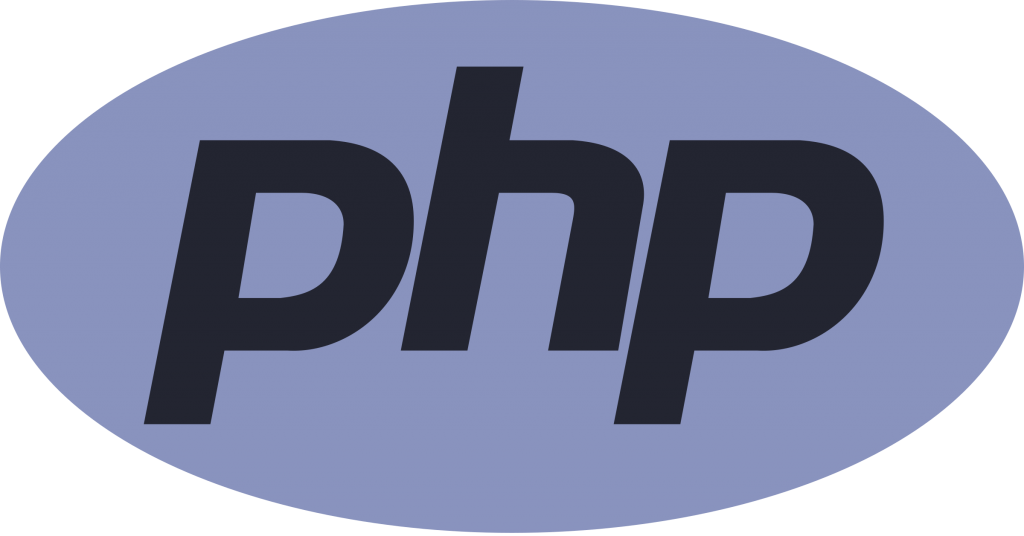Reading time: 5 minutes.
In today’s digital age, web development skills are in high demand. Whether you’re an aspiring web developer or a student looking to gain practical experience, finding the right internship can be a crucial step in your career journey. Internships provide hands-on experience, networking opportunities, and a chance to apply classroom knowledge in real-world scenarios. However, securing a web development internship can be challenging due to the competitive nature of the field. In this post, we’ll guide you through the steps to successfully find and land a web development internship.

1. Self-Assessment and Skill Building
Identify Your Skills and Interests
Before diving into the internship hunt, take some time to assess your skills and interests. Web development encompasses various areas, including front-end development, back-end development, full-stack development, and more. Understanding where your strengths lie and what excites you the most can help narrow down your search.
Build a Strong Foundation
Employers look for candidates with a solid understanding of web development fundamentals. Ensure you have a strong grasp of HTML, CSS, JavaScript, and at least one back-end language like Python, Ruby, or PHP. Familiarize yourself with popular frameworks and libraries such as React, Angular, or Vue.js for front-end development, and Node.js, Django, or Ruby on Rails for back-end development.
Create a Portfolio
A portfolio is a powerful tool to showcase your skills and projects to potential employers. Include a variety of projects that demonstrate your abilities and versatility. Ensure your portfolio is well-organized, visually appealing, and easily navigable. GitHub is an excellent platform to host your code and projects, so make sure to maintain an active and well-documented GitHub profile.
2. Crafting an Impressive Resume and Cover Letter
Tailor Your Resume
Your resume is often the first impression you make on potential employers. Tailor your resume to highlight relevant skills, experiences, and projects. Include your education, technical skills, and any relevant coursework. If you have previous work experience, focus on roles that involved web development or transferable skills. Quantify your achievements where possible, such as “Developed a responsive website that increased user engagement by 30%.”
Write a Compelling Cover Letter
A well-crafted cover letter can set you apart from other applicants. Use the cover letter to explain why you are interested in the internship and how your skills and experiences make you a strong candidate. Customize each cover letter for the specific internship you are applying for, addressing the company’s needs and values.
3. Networking and Building Connections
Leverage Your Existing Network
Start by reaching out to your existing network of friends, family, professors, and classmates. They may know of internship opportunities or be able to introduce you to someone in the industry. Don’t hesitate to ask for advice or referrals.
Attend Networking Events
Networking events, such as tech meetups, hackathons, and industry conferences, are excellent opportunities to meet professionals in the field. These events often feature talks and workshops that can help you stay updated on industry trends and best practices. Make a habit of attending these events and actively engage with other attendees.
Utilize Online Platforms
LinkedIn is a powerful tool for networking and job searching. Create a professional LinkedIn profile that highlights your skills, projects, and experiences. Join relevant groups and participate in discussions to increase your visibility. Connect with professionals in the industry and don’t be afraid to reach out for informational interviews or advice.
4. Web Development Internship Search Strategies
Use Job Boards and Company Websites
Job boards like Indeed, Glassdoor, and SimplyHired are great places to search for internships. Use relevant keywords like “web development internship” and filter results by location, company size, and other criteria. Additionally, visit the careers pages of companies you are interested in to see if they have any internship openings.
Apply Early and Often
Many companies start recruiting interns several months in advance, so begin your search early. Applying to multiple internships increases your chances of landing one. Keep track of application deadlines and set reminders to follow up on your applications.
Customize Your Applications
Generic applications are less likely to catch the attention of employers. Customize each application to the specific internship and company. Research the company and mention why you are excited about the opportunity and how you can contribute to their team.
5. Preparing for Interviews
Research the Company
Before an interview, thoroughly research the company. Understand their products, services, culture, and recent news. This knowledge will help you tailor your responses and show genuine interest in the company.
Practice Common Interview Questions
Prepare for common technical and behavioral interview questions. Practice coding challenges on platforms like LeetCode, HackerRank, and CodeSignal to sharpen your problem-solving skills. Be ready to discuss your projects, explaining the technologies used, challenges faced, and solutions implemented.
Prepare Questions for the Interviewer
Interviews are a two-way street. Prepare thoughtful questions to ask the interviewer about the company, team, and role. This demonstrates your interest in the position and helps you determine if the company is a good fit for you.
6. Gaining Experience through Personal Projects and Freelancing
Work on Personal Projects
If you’re having trouble finding an internship, working on personal projects is a great way to gain experience and build your portfolio. Identify problems you are passionate about and create web applications to solve them. These projects can showcase your creativity, problem-solving abilities, and technical skills.
Freelancing
Freelancing is another way to gain practical experience while earning money. Websites like Upwork, Fiverr, and Freelancer offer opportunities to work on web development projects for clients. Freelancing helps you build a diverse portfolio and develop skills in project management and client communication.
7. Leveraging Educational Opportunities
Online Courses and Bootcamps
Online courses and coding bootcamps can help you learn new skills and stay updated on industry trends. Platforms like Coursera, Udemy, and Codecademy offer courses in various aspects of web development. Some bootcamps also offer career services to help you find internships and job placements.
University Career Services
If you’re a student, take advantage of your university’s career services. They often have resources for resume writing, interview preparation, and job search strategies. Career fairs hosted by universities are excellent opportunities to meet potential employers and learn about internship openings.

8. Persistence and Resilience
Stay Positive and Persistent
Finding an internship can be a challenging and sometimes lengthy process. Stay positive and persistent, even if you face rejections. Use each experience as a learning opportunity to improve your applications and interview skills.
Seek Feedback
If you receive rejections, don’t hesitate to ask for feedback. Understanding the reasons behind a rejection can help you improve and increase your chances of success in future applications.
Have I Helped You Find a Web Development Internship?
Finding a web development internship requires a combination of self-assessment, skill-building, networking, and persistence. By following these steps, you can increase your chances of landing an internship that provides valuable experience and sets you on the path to a successful career in web development. Remember, the effort you put into your search will pay off, so stay determined and keep striving towards your goals. Good luck!





